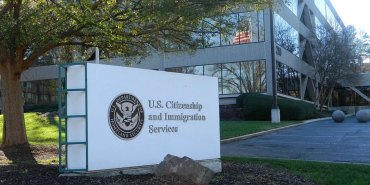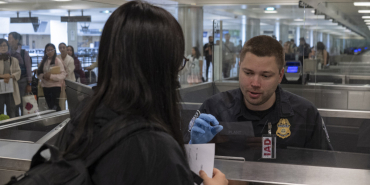Sweden Offers Migrants Millions to Return Home in Policy Shift

The Swedish government has disclosed plans to provide migrants with up to Sh 4.4 million ($34,000) as an incentive to voluntarily return to their home countries, beginning in 2026.
This represents a substantial increase from the current program which provides up to 500,000 shillings ($3,903) per family for voluntary repatriation. Migration Minister Johan Forssell characterizes this policy shift as a "paradigm shift" in Sweden's handling of migration issues. The existing program, which has been in place since 1984, has seen minimal uptake, with only one migrant accepting the offer in the past year. Under the current scheme, Kenyans and other immigrants can receive up to 126,204 shillings per adult and 62,600 shillings per child. The Sweden Democrats, a right-wing populist party that secured second place in the 2022 general election, has been instrumental in shaping the government's current stance on immigration.
A representative from the party notes that while these grants have long been available, awareness of them has been low. The new policy is expected to appeal particularly to migrants who have struggled to find employment or are earning low incomes in Sweden. This initiative comes at a time when immigration remains a contentious issue across many European Union nations. The Swedish government anticipates that the updated policy will attract migrants who have been unemployed for extended periods or those who rely heavily on state benefits. Similar programs offering incentives for voluntary repatriation exist in other European countries, including Germany, France, Norway, and Denmark.
The implementation of this new policy is part of a broader strategy to reform Sweden's migration policies, which have faced increased scrutiny in recent years. The government aims to make the offer more attractive and accessible to a wider range of migrants, particularly those who have struggled to integrate into the Swedish labour market. This approach is also seen as a potential means to alleviate the strain on Sweden's social welfare system, which has been burdened by high levels of immigration. However, the policy has not been without its critics. Some argue that financial incentives alone may not address the root causes of migration and integration challenges.
Ethical concerns have also been raised about the practice of paying migrants to leave the country. Proponents, particularly within the Sweden Democrats, counter that the policy will help reduce the burden on Sweden's social welfare system while providing a viable option for migrants wishing to return to their home countries. As Sweden prepares to implement this new approach, it joins other European nations in offering financial incentives for voluntary repatriation. The effectiveness of such programs varies across countries, with some reporting higher participation rates than others.














Comments
Who will take care of the…
Permalink
Who will take care of the crazies and elderly and clean their homes.Or they are hoping to attract those already on welfare send them back and then import naive foreign labor who they will exploit through low wages
Add new comment